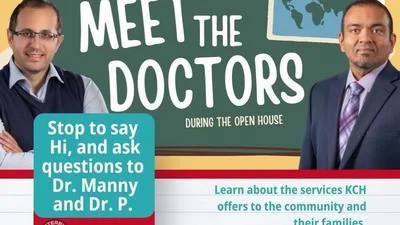COLUMBUS – The COVID-19 pandemic brought unprecedented challenges, especially for working parents juggling things like virtual learning, disrupted childcare, ever-changing working conditions and, of course, serious health risks to their families. A new report by The Ohio State University Office of the Chief Wellness Officer and College of Nursing found the stress was simply too much for many working parents to handle, revealing that two-thirds of parents experienced some level of burnout.
“In our report, we showed higher levels of burnout were associated with mental health concerns like depression, anxiety and increased alcohol use,” said Bernadette Melnyk, Ph.D., vice president for health promotion, university chief wellness officer and College of Nursing dean at Ohio State University. “Stress on parents is not going to magically go away as we emerge from the pandemic, and it is critical that we find ways to prevent burnout before parents are in crisis.”
The research, conducted in 2021 amid changing school, work and child care situations, found stress on parents also had consequences for children, as parental burnout was associated with punitive behavior toward their kids – including screaming, criticizing and even physical harm – and increased acting out by their children.
“We usually associate burnout with jobs and things like that. But it can feel shameful to think that you can get burned out in your role as a parent, which makes it harder to recognize and address,” said Kate Gawlik, a working mom and associate professor of clinical nursing at Ohio State. “Parents need to understand that they’re not alone, and that it’s OK to need help sometimes or to say ‘no’ to activities or commitments that are going to overload you.”
Experts also recommend learning simple cognitive-behavioral skills like mindfulness and deep breathing. Even taking a few minutes to breathe or focus on something that brings you joy can go a long way toward reducing stress and preventing burnout. It’s also important to find someone in your life you can share your feelings with and who can take over for a little while when you need to step away.
Gawlik and Melnyk have developed a self-assessment tool to help parents recognize when they’re becoming overwhelmed and are at risk for burnout. Visit this link for more information.







